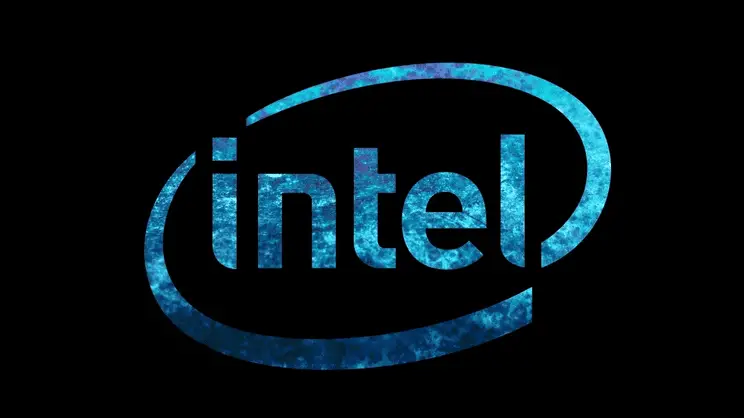Intel confirmed that its first discrete graphics card for PCs will be released this year
Intel officially confirmed that the company’s first discrete graphics card for desktop devices will be released within the year, and the code name of this graphics card has not yet been announced.
Intel claims that its Xe-based micro-architecture system is code-named DG1, and new products based on Intel’s Xe-HPG micro-architecture system are expected to be released in 2021.
The new architecture graphics cards to be launched next year will also include a variety of graphics functions. For example, the highly anticipated ray-tracing function will be supported in the new architecture next year.
The Intel Xe microarchitectures are as follows:
- Xe-LP – Low-power GPU with up to 96 EUs. Launching within Intel Tiger Lake.
- Xe-HP – Intended for datacentre use, and scalable from single to four tile configurations. Launching 2021.
- Xe-HPG – The new gaming architecture. Expected to be scalable to beyond a single tile and will feature support for GDDR6. Launching 2021.
- Xe-HPC – Intended for use within supercomputers, such as the Aurora supercomputer planned for 2021.
Finally, Intel also introduced the new features of its graphics command center, including real-time game adjustments, repairs, and optimizations, which can be pushed to users faster without waiting for a long time.
When the user is playing a game, it will automatically load the required driver through the network instead of downloading and installing the full version of the driver, that is, different games correspond to different drivers.
At the same time, the graphics command center also includes the use of perceptual adaptive sharpening function, which is based on the adaptive sharpening algorithm of the calculation shader that can improve the clarity of the game.
This feature will be more useful for games that use resolution scaling to balance performance and image quality, but these new features will not be available until at least next year.
Via: pcgamer





